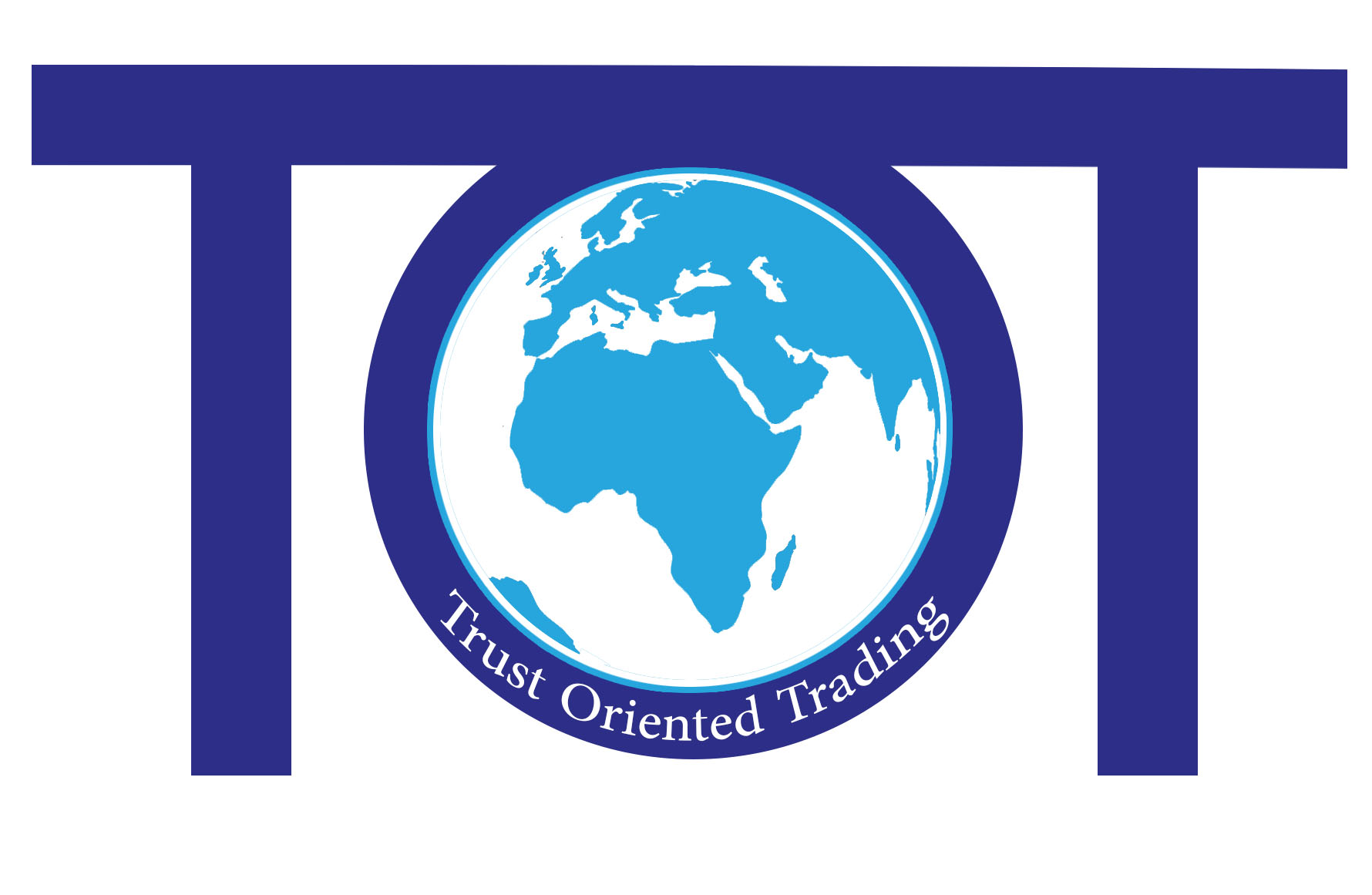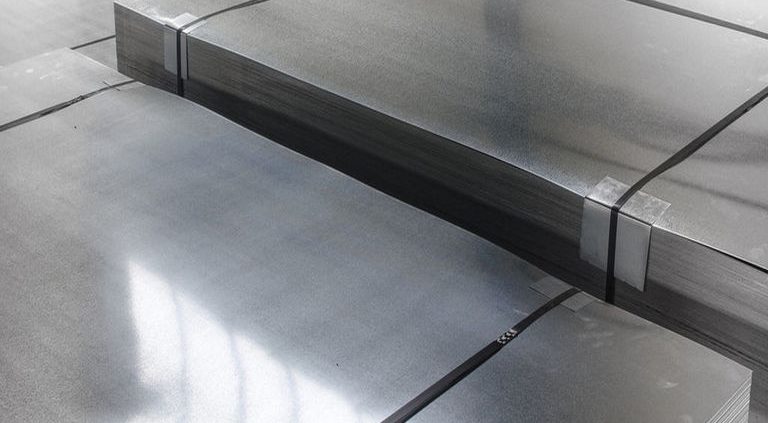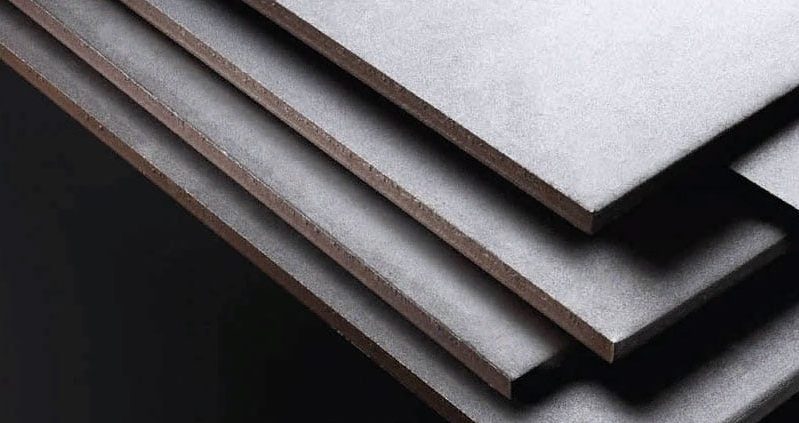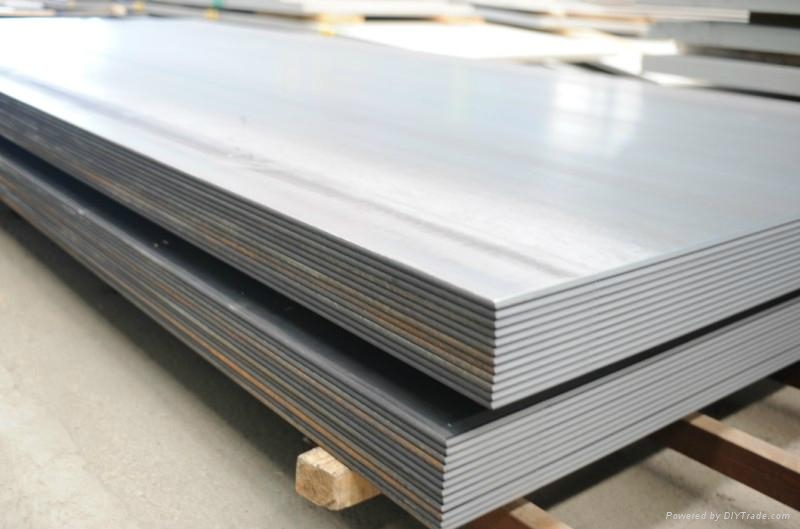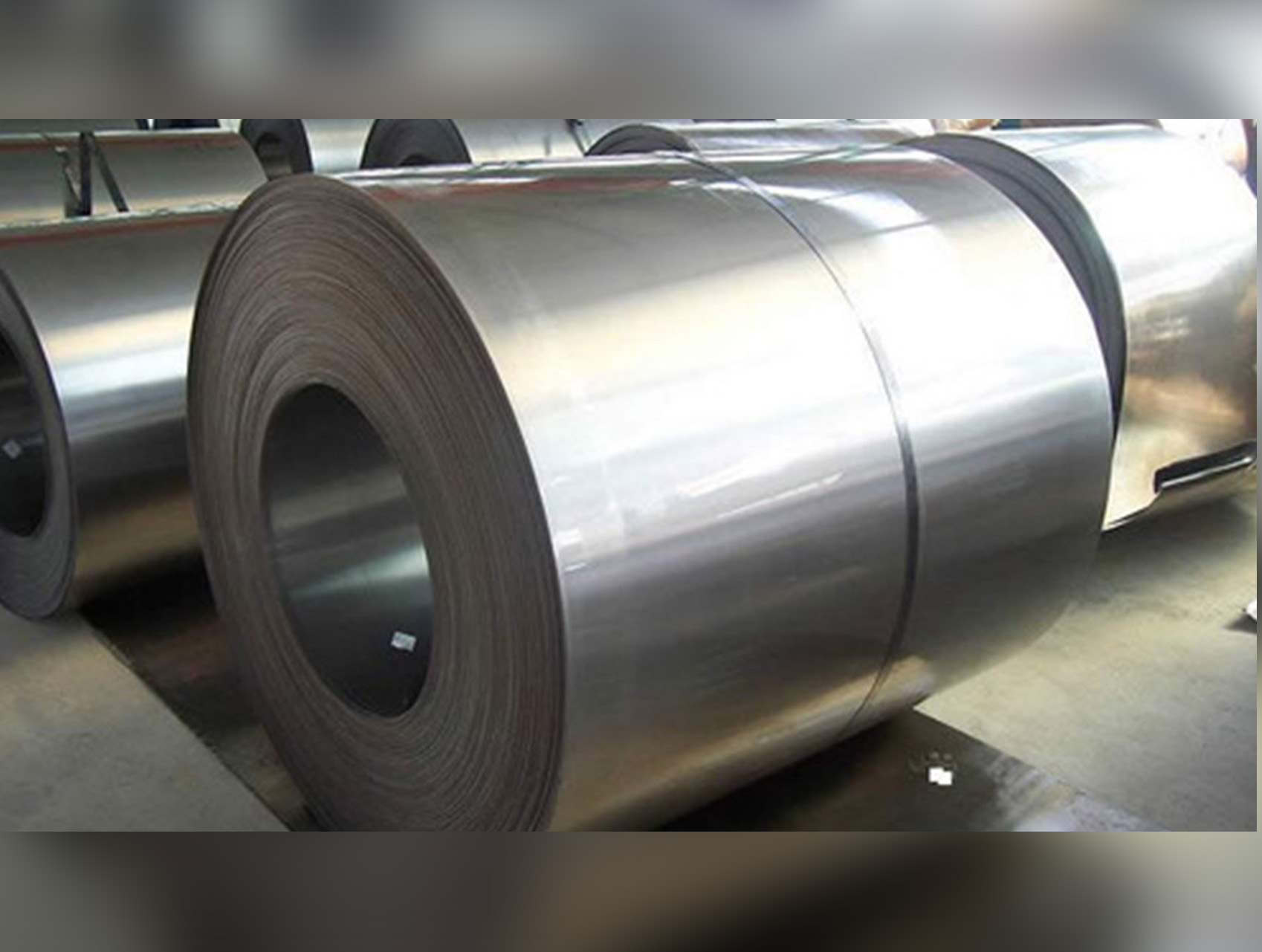STEEL SHEET & COIL
A stainless steel sheet is a sheet that is based on iron and other elements are combined depending on its mechanical properties such as ductility, welding, and hardness. Less than 2% of stainless steel sheet is carbon. The higher the carbon content of this alloy, the higher its strength and hardness and the lower its ductility. Steel sheets, especially stainless steel, have very good resistance to high and low temperatures, so they can be heated up to 1000 degrees Celsius and also up to minus 200 (-200) degrees Celsius. It has a wide variety, from non-adhesive types in different thicknesses, dimensions, and surfaces to adhesive types that are available in the form of coils, plates, fabric sheets, and shear sheets. The following is one of the most common classifications of steel sheets, which is defined according to the ASTM standard.
200 series steel sheet
Austinitium alloys of chromium, nickel, and manganese are the main constituents of this type of steel sheet.
Steel sheet 201: It is an austenitic type and is made by cold rolling.
202 steel sheet: It is an austenitic type and is considered a stainless steel compound.
Because the 201 steel is as non-magnetic as the 304 steel and has a very similar appearance to the 304 grade, this has led manufacturers to reduce costs, retain some properties, and at the same time without affecting the appearance, They started to produce this alloy, which, of course, made fraudulent sellers offer Grade 201 to the customer instead of 304.
300 series steel sheet
301 Steel sheet. This sheet is very flexible and can be formed a lot. Good welding capability and high abrasion resistance are among its main features.
302 steel sheet. This sheet has corrosion resistance equal to 304 steel sheet and of course, it is more resistant due to a little extra carbon.
303 steel sheet. This sheet has better ductility than the 304 steel sheet due to excess sulfur and phosphorus.
304 steel sheet. The most common type of stainless steel sheet, whose classic name is 8/18 steel sheet. These numbers represent the percentage of chromium and nickel in this sheet, respectively.
304L steel sheet. The low carbon version of 304 steel sheet. It is very suitable for welding.
309 steel sheet. It works better than 304 in terms of heat resistance.
316 steel sheet. After 304 steel sheet, 316 steel sheet is the most used in various industries. The use of molybdenum alloy for use in the food industry and pharmaceutical products has the lowest amount of metal contamination. It is also widely used in the marine industry due to its higher corrosion resistance than 304. Another high-consumption industry is 316 watchmakers.
316L steel sheet. The low carbon version is 316 steel sheets.
317 Steel sheet is made of stainless steel and has a very high resistance to chemical attack due to its significant percentage of molybdenum. In this category, the performance of this sheet is better than 304. High tensile strength, excellent stress tolerance, and acceptable creep strength are other features of 317 steel sheet.
Steel sheet 321. Similar to sheet 304 during welding, the risk of weld rot due to the addition of titanium is much lower.
400 series steel sheet
405 steel sheet. It has special compounds for welding.
Steel sheet 408. With 11% chromium and 8% nickel, it has a high resistance to heat but it is weak against corrosion.
Steel sheet 409. This sheet is one of the cheapest types of steel sheet that is mostly used for car exhaust.
Steel sheet 410. It has significant amounts of iron and is very resistant to abrasion and corrosion.
416 steel sheet. Due to having extra sulfur, it has high ductility and machining.
Steel sheet 420 Used to make all kinds of cutlery.
Steel sheet 430. This sheet is used to make more decorative materials. Due to its good ductility, car decorations are prepared using this sheet.
Steel sheet 440. Produced with very high temperature. Used in the manufacture of cutlery due to high carbon. This sheet can be considered one of the hardest types of stainless steel. It is divided into different types and degrees, in each of which a special capability has been strengthened by adding compounds.
Steel sheet 446. Suitable for working at very high temperatures.
500 series steel sheet
They have a very high resistance to heat due to the amount of chromium.
600 series steel sheet
The classification of this series of steel sheets is according to the alloys used in them.
Steel sheet 601 to 604. With a low martensitic alloy percentage
Steel sheets 610 to 613. Secondary hardeners are martensitic steels.
Steel sheet 614 to 619. Chromium steels are mechanistic.
Steel sheets 630 to 635. They are metallic semi-solid stainless steel. 17% chromium and 4% nickel are the main materials used in them.
Steel sheets 650 to 653. are austenitic steels that are reinforced by hot rolling.
Steel sheets 660 to 665. Manufacture of steel pipes, construction of ship plates and offshore platforms, weather-resistant steel plates, steel boiler, and pressure boiler, steel pipes, and steel plates used in the car.
TOT EMC can provide:
STEEL PLATE | |
Types | Carbon Steel Plate, Alloy Steel Plate, Boiler Steel Plate, Wear Resistant Steel Plate, Corten Steel Plate and etc. |
Application | Used in tool steel, cementation steel, and bearing steel. |
Packing | Standard export package, suit for all kinds of transport, or as required. |
- providing different and special grades
- Ability to provide the product with any length and any size as customer requirement
- Ideal and economical weight
- standard certificates: AISI, ASTM, BS, DIN, GB, JIS, etc.
- Surface treatment: Clean, blast and painting according to customer requirement
STEEL COIL | |
TYPE | Hot/ cold rolled |
Application | Automobile, Buildings, Machinery, Engineering construction, etc. |
Packing | Standard Export Seaworthy Package. Suit for all kinds of transport, or as required |
Width | 600mm – 1800mm or as required |
Thickness | as required |
Length | as required |
- provide different and special grades
- standard certificates: AISI,ASTM,DIN,JIS,GB ,JIS, SUS, EN, etc.
- Surface treatment: Clean, blast and painting according to customer requirement
